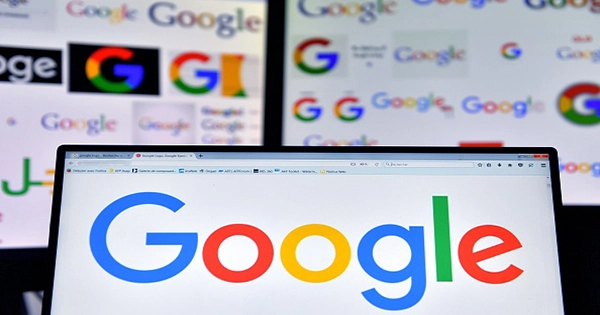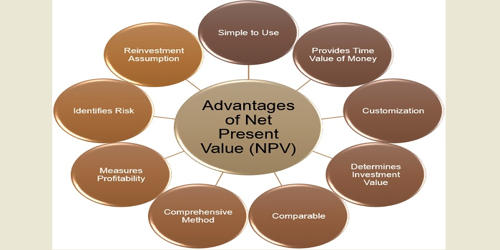The frequency that is quoted with scientific papers is often used as a quality standard, for example to determine whether the author receives a grant or promotion. But it would be a big problem if bad research is often cited rather than good work. Unfortunately, this has been found in a study of 139 scientific research papers. Psychologists have recently discovered that many of the papers published in the top journals in their field have failed to replicate, meaning that different results are produced when others try the same experiment.
The reasons for this are controversial and do not always mean that the original paper was completely wrong. For example, a search for a sample of participants from one country may be accurate, but when the study is repeated in another culture, it appears unexpected. Yet, while 39 out of 100 of the top psychology journals can be replicated, there are certainly some closures. Smaller studies try to extend better production to other fields, but still discourage the results.
Eleven of the 18 economics journals and 13 of the 21 general science journals were successfully replicated in science and nature. The sizes of the effects were also usually smaller in the case of reactions. Some scientists argued that this is not serious – bad research is usually forgotten because it can identify errors that work in the most closely related field.
Dr. Marta Sera-Garcia and Dr. Uri Gneezy of the University of California, San Diego has come to the conclusion that the exact opposite is true. Serer-Garcia and Guinness found papers that could not be duplicated in these three samples, which were later confirmed to have been quoted 153 times on average over eight years. Although the sample of general science research papers was small, the results were final: the papers that failed to reproduce contained 300 more citations than the good ones. Part of the reason is that you have to quote it in order to refute a paper; if it is not so bad you cannot withdraw it by a publishing journal or author. A few papers were refuted several times, but most of the quotations were positive.















